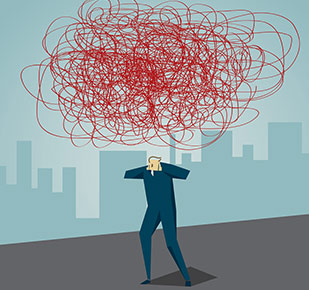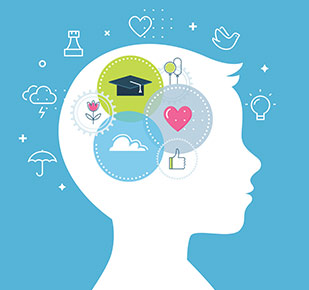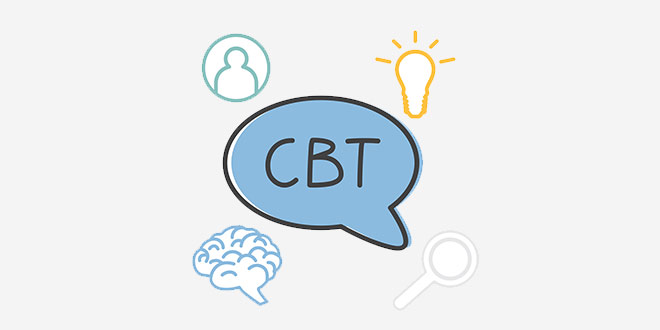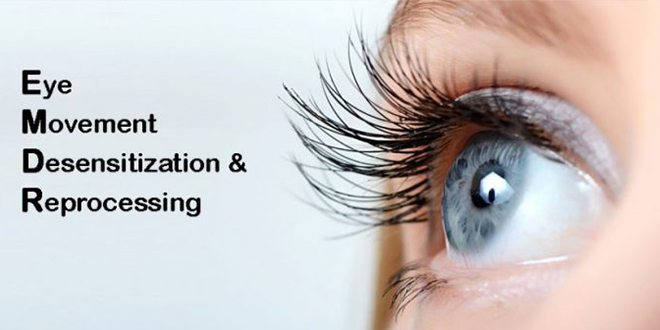We’re all experiencing uncertainties and worries during the pandemic and have to minimise social contact. This situation can lead to an increasing number of symptoms and mental health conditions in children and adults. I would like to help you during this difficult time via Zoom or In-Person (Social Distancing at all times) sessions.

Everybody feels anxious from time to time especially during the Covid pandemic. We might struggle to adjust to stressful life events and daily challenges which can lead to ongoing excessive worries that are difficult to control. Generalized, Social and Specific Anxieties represent the most common type of mental disorder, as reported by the World Health Organization (WHO). Mixed anxiety & depression is the most common mental disorder in Britain, with 7.8% of people meeting the criteria for diagnosis (Nice 2011). Virtual Reality Exposure Therapy (VRET) in particular can help to overcome specific phobias efficiently, such as fear of animals, elevators, height, crowd, needle, traffic, public speaking, open spaces. In most cases, psychotherapy (CBT/EMDR) and/or medication can help to make positive lifestyle changes, improving self-beliefs and learning adaptive coping skills.

Everyday life is a roller coaster of emotions. You may feel on top of the world one day because of an achievement at work, school or holding your first baby. At other times, you may feel worse due to not being able to plan a vacation or having relationship problems. Variations in our mood are normal, especially with changing external circumstances. If your mood starts to have a severe impact on your daily activities, social, educational, and vocational relationships and causes suffering you might struggle with a mood disorder. Long-term feelings of apathy, general discontent, loss of interest in things that used to be pleasurable or severe mood swings are symptoms of depression or bipolar disorder. COGNITIVE BEHAVIOURAL THERAPY (CBT) is often considered the benchmark therapy treatment for individuals living with mood disorders.

The term psychosomatic refers to real physical symptoms that arise from or are influenced by the mind and emotions rather than a specific organic cause in the body. Constant stress can manifest physically in different ways such as migraines, weight and sleep issues, abdominal pain, high blood pressure, fatigue, changes in sex drive etc. Children might frequently complain about stomach-aches or headaches when they are having a tough time at school due to various reasons. If the triggers are not dealt with effectively, anxieties can increase and lead to school absences and long-lasting mental health issues which can progress into adulthood.

The term PTSD which stands for Post-traumatic Stress Disorder is a well-known mental health condition. It is triggered by a terrifying event or a series of events in which the person was not able to cope. Symptoms may include flashbacks, nightmares and severe anxiety, as well as uncontrollable thoughts about the event(s). Adaptive Information Processing (AIP), also called EMDR is an evidence-based intervention that can help tackle not only PTSD but also the underlying conditions like Anxieties, Depression, Burn-out, OCD and Addictions. These conditions might be the consequence of a series of traumatic events, often starting in childhood where dysfunctional/limiting self-beliefs progress into adulthood. Certain pictures, sounds or sensations are being associated mostly unconsciously with a flight, fight or freeze response and holding you back from moving on in your life. EMDR can help to process "old stuff" and overcome adversities allowing positive growth afterwards.

Children with developmental problems such as Social, Motor, Cognitive, Emotional, Behavioural and Speech delays are at greater risk to suffer from mental health conditions such as anxieties, oppositional behaviour or depressions. AUTISM SPECTRUM CONDITION (ASC/ASD) for example can cause significant social, communication and behavioural challenges and is often diagnosed in adolescents when symptoms become more obvious. It is important to monitor and identify developmental concerns at an early age so caregivers and professionals can support the child holistically. Different therapeutic interventions like Behavioural Therapy, Speech and Language Therapy and Occupational Therapy are effective in helping children catch up to their peers. Arrange an initial appointment in which we can discuss your worries, and appropriate interventions.

CBT assumes that every behaviour can be learned, maintained and unlearned again according to the same principles. Behaviour is not only understood to be the externally visible activity of the person but also the internal processes such as feelings, thinking and physical processes. Dealing with the environment requires numerous learning and adaptation efforts. We feel comfortable when we can react flexibly to these psychological and physical demands and take appropriate account of our needs.
If one's abilities are insufficient to meet critical needs such as social security, satisfying relationships or a self-determined lifestyle, or if external circumstances prevent this, well-being is impaired. The consequences include mental and physical illnesses. The effect of CBT is to initiate learning processes in and outside of treatment, changing automatic behaviour/thoughts, physical and emotional responses, which stands in the way of their well-being.
I use Virtual-Exposure-Therapy which is based on the very similar rationale of in vivo exposure therapy; however, in VR exposure, phobic stimuli are presented to the patient in VR. Using state-of-the-art oVRcome therapeutic application and Pico VR headset, clients have the opportunity to fully immerse themselves into different environments in seconds without any inconvenience, which allows them to tackle their anxieties, addictions, body image problems, restless mind, and more.

At first glance, Eye Movement Desensitisation Reprocessing (EMDR), also known as Adaptive Information Processing (AIP) appears to approach psychological issues in an unusual way. It does not rely on talk therapy or medications. Instead, EMDR uses a natural function of the body, Rapid Eye Movement (REM), as its basis and Dr Francine Shapiro, the founder of EMDR, found that just three 90-minute sessions could alleviate symptoms of PTSD in more than 77% of the patients she treated.
The human mind uses REM during sleep time to help it process daily emotional experiences and when trauma is extreme, this process breaks down and REM sleep doesn’t bring the usual relief from distress. The EMDR process is thought to produce an advanced stage of REM processing. A resolution of the issue can be achieved by targeting any triggers in the Past, Present and the Future by noticing the emotional, mental and physical disturbances and helping the client process it by increasing positive Self-Beliefs. EMDR was initially used to treat trauma, but it is now used to treat a variety of mental health conditions. The goal is to change traumatic incidents or future worries into neutral ones without any emotional charge. Mindfulness and Meditation techniques during EMDR therapy help build tolerance, increase ego strength, clarify targets and finally process traumatic incidents. EMDR practitioners often suggest keeping a daily journal that tracks your progress and the relaxation techniques you learn.
EMDR with Adults
EMDR with Children
Prince Harry raises awareness of EMDR
Introducing myself and Loki
For successful teamwork, the following contributions are crucial:
Participating in sessions, sufficient motivation, and willing to make change happen.
Make an appointment for an initial session in which we can discuss your worries and further steps together.
Tel: 07480550130
Mail: info@psychotherapy-yanik.com
Monday - Friday
10 a.m. - 6 p.m.